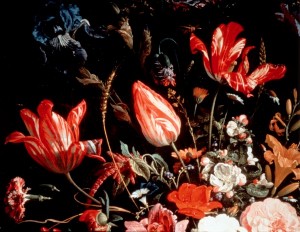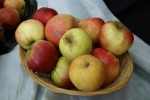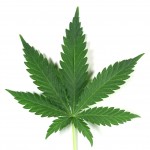If you’ve ever wondered why your plants do what they do and what their roles are in our lives, author Michael Pollan suggested some answers in The Botany of Desire: A Plant’s Eye View of the World, his 2001 best selling book.
On Oct. 28, a two-hour PBS documentary with the same name will air at 8 p.m. on WFYI-TV, Channel 20 (check local listings for times in your city). The documentary illustrates Pollan’s fascinating theories on how and why plants do what they do as part of their survival.
As he did in his book, Pollan focuses on four plants in the documentary, exploring their attributes and human attraction.
Apple, which uses sweetness as its lure for humans, has been the good fruit-bad fruit throughout most its history. From the temptation of Eve to its evil reputation as hard cider, the apple eventually gained favor as a symbol of wholesomeness. Recently, the fruit has become evil again, grown as a monoculture and sprayed with tons of pesticides.

Dutch painter Abraham Mignon captures tulipmania-era flowers in his 1670 painting. Photo courtesy www.bulb.com
The tulip, which relies on beauty, was such a powerful plant that it brought down the Dutch economy in the 1630s, when growers could not keep up with demand, especially for blooms with strips, feathering and flames. The broken-color- patterned tulips, sometimes called Rembrandts after the artist, was caused by a virus, which insinuated “itself into the relationship between people and flowers, in effect exploiting human ideas of tulip beauty,” Pollan says.
Marijuana intoxicates humans and helps them to relax, but it also increase appetites, decreases nausea and reduces pain. Raphael Mechoulam, an Israeli scientist, is researching yet another attribute, making people forgetful, as a way to help them deal with traumatic experiences.
Lastly, the potato, which originally came from South America, was humans’ answer to controlling food production. A plentiful crop, each plant produces many tubers without a lot of land. The Irish opted for one type of potato and when blight struck in 1740, it wiped out almost all production in less than a year, prompting the country’s historic famine.
Pollan frets the same thing could happen in the United States, where russets are the preferred crop, grown as a monoculture on thousands of acres in soil pumped with fungicides and insecticides.



